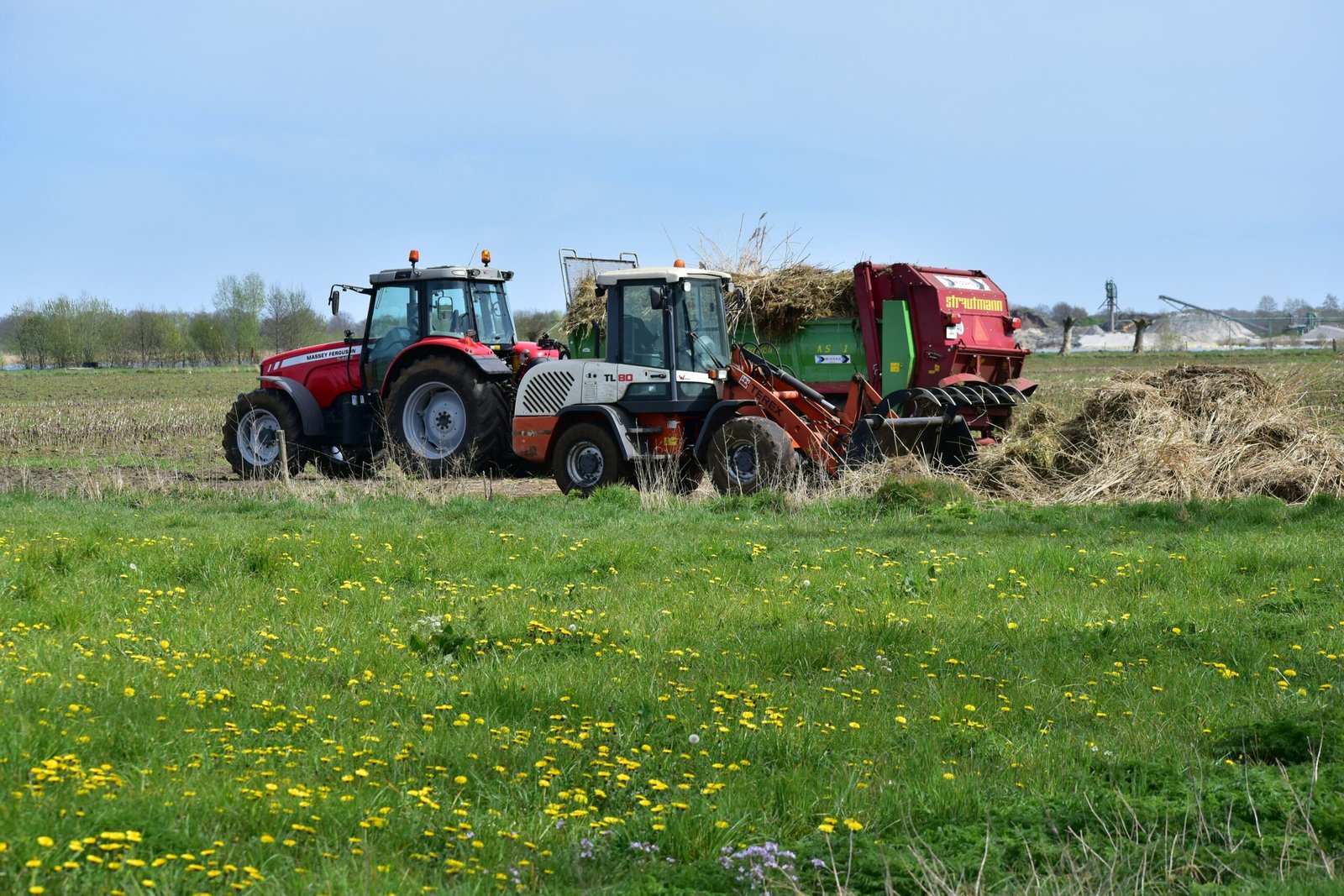As winter fades away and spring approaches, it’s time to start thinking about preparing your garden for the upcoming planting season. One of the most crucial steps in creating a successful garden is to ensure that your soil is properly enriched and ready to support healthy plant growth. In this article, we will discuss the importance of soil preparation after the winter months and provide you with some tips on how to enrich your soil for a fruitful season.
Why is soil preparation important?
Soil preparation is essential because it sets the foundation for healthy plant growth. After the winter months, the soil may have become compacted and depleted of essential nutrients. By taking the time to properly prepare your soil, you can improve its structure, fertility, and drainage, creating an optimal environment for your plants to thrive.
1. Clear away debris
Before you begin enriching your soil, it’s important to clear away any debris that may have accumulated over the winter months. Remove fallen leaves, dead plants, and any other organic matter that may be covering the soil. This will allow you to have a clear space to work with and prevent any potential pests or diseases from harboring in the debris.
2. Test your soil
Testing your soil is a crucial step in determining its nutrient content and pH level. You can purchase a soil testing kit from your local garden center or send a sample to a professional laboratory for analysis. The results will provide you with valuable information about the deficiencies and imbalances in your soil, allowing you to make informed decisions about which amendments to add.
3. Add organic matter
One of the best ways to enrich your soil is by adding organic matter. Organic matter, such as compost, manure, or leaf mold, improves soil structure, increases nutrient content, and enhances water retention. Spread a layer of organic matter over the soil surface and gently work it into the top few inches using a garden fork or tiller. Aim for a thickness of about 2-3 inches for optimal results.
4. Incorporate soil amendments
In addition to organic matter, you may need to incorporate specific soil amendments to address any deficiencies or imbalances identified in your soil test. Common soil amendments include lime to raise pH levels, sulfur to lower pH levels, and bone meal or rock phosphate to increase phosphorus content. Follow the recommended application rates provided on the packaging and mix the amendments thoroughly into the soil.
5. Mulch your garden
Applying a layer of mulch to your garden beds is an excellent way to conserve moisture, suppress weed growth, and regulate soil temperature. Organic mulches, such as straw, wood chips, or shredded leaves, also break down over time, adding valuable organic matter to the soil. Spread a layer of mulch around your plants, leaving a small gap around the stems to prevent rotting.
6. Practice crop rotation
Crop rotation is a beneficial practice that helps prevent the buildup of pests, diseases, and nutrient deficiencies in the soil. By rotating your crops each year, you can disrupt the life cycles of pests and diseases, reduce soil-borne pathogens, and ensure a more balanced nutrient uptake. Plan your garden layout in advance, taking into consideration the different plant families and their specific requirements.
7. Consider cover crops
Another way to enrich your soil is by planting cover crops during the off-season. Cover crops, such as clover, rye, or vetch, help improve soil structure, prevent erosion, and add organic matter when they are tilled into the soil. They also provide habitat for beneficial insects and help suppress weed growth. Research the best cover crops for your region and incorporate them into your garden rotation.
By following these soil preparation tips, you can ensure that your garden is ready for a bountiful and productive season. Remember, healthy soil equals healthy plants, so invest the time and effort into enriching your soil, and you will reap the rewards in the form of beautiful flowers, lush vegetables, and thriving herbs.





